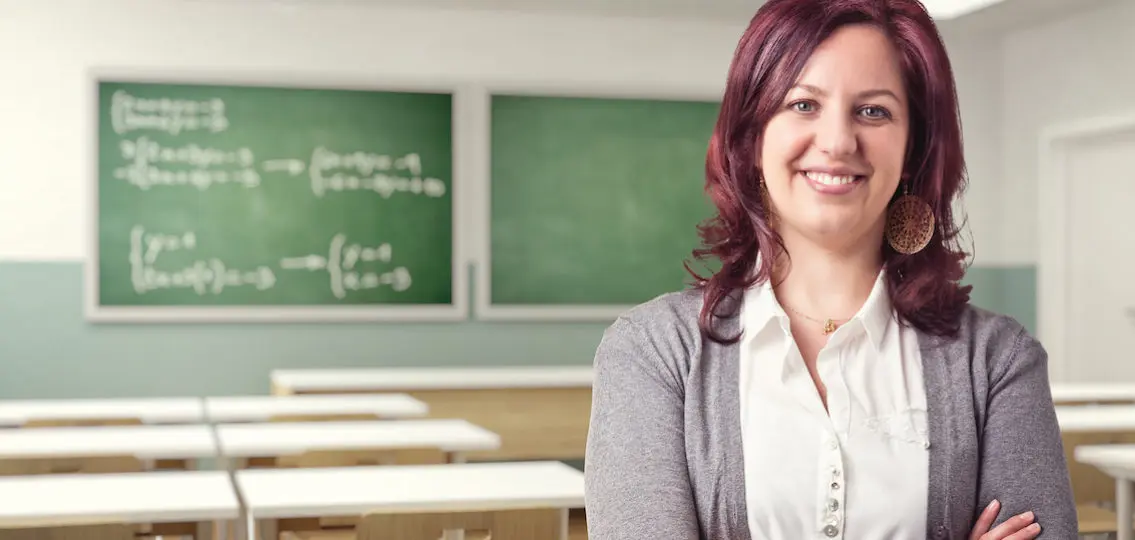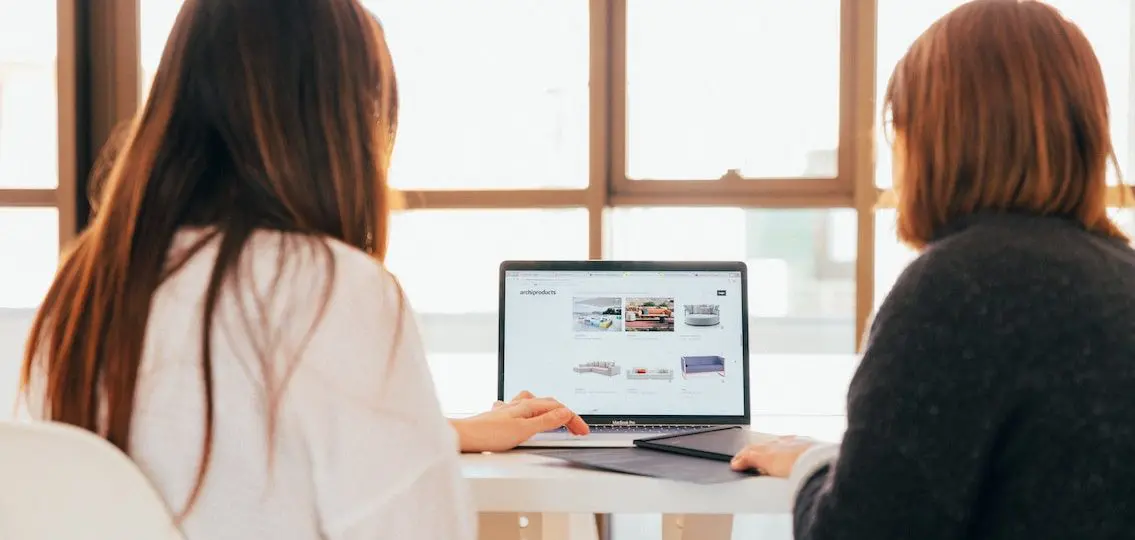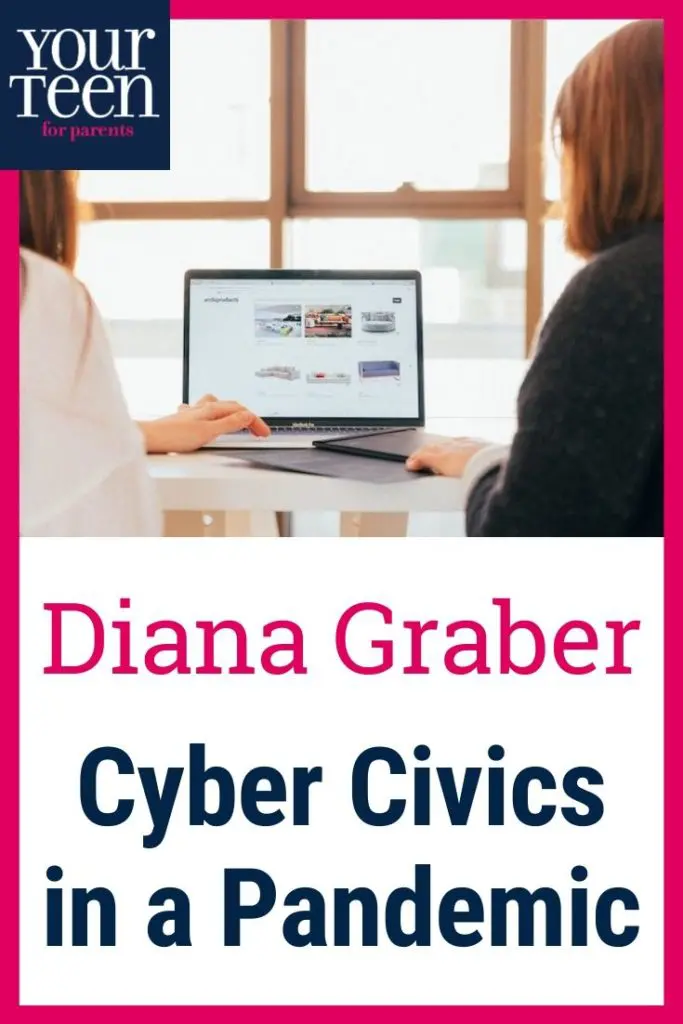Diana Graber is the founder of Cyber Wise and author of Raising Humans in a Digital World. We asked her about best practice for screen time during a pandemic when just about everyone is relying on their devices for work, for play, and for socializing.
| [adrotate banner=”169″] |
Q: Parents are concerned about screen time. What do you recommend?
Graber: Because of the moment we’re in, we really have to set our normal concerns aside because kids are using screens more than ever. They have to for schoolwork. Often it’s their only connection to their real life friends. This is a moment where we have to give ourselves and our kids a little praise and maybe ease up on our normal preconceptions of what an appropriate amount of screen time is for everybody.
Q: How do we create some structure around screen time when most of us, even adults, are now sitting in front of screens for so many hours a day?
Graber: Just like normal times, I think we have to go into this thing with agreements. We agree that these hours will be used for school work. These hours will be used for socializing. This will be your entertainment time. Parents still have to know what their kids are doing online. So you check in and you have to ask and you have to be curious. Don’t be judgmental, because sometimes what looks like wasting time to us might be their connections with their friends. Keep in mind that boys don’t really use the social networks that a lot of girls use with. They’ll connect with their social group via games. To us, it may look like they’re wasting their time, but for them, gaming replaces that Face-To-Face time that they’re not getting during this period.
Q: Can you distinguish kind of middle school versus high school in your advice?
Graber: In middle school, they’re just starting to develop that area of their brain that allows them to do ethical thinking and be able to think through the consequences of their actions. It’s still a time where parents need to monitor more and see what they’re doing. Make sure they are at least 13 if they belong to social media networks. That’s the rule with most of them. And then it’s really different from your high school students because, you know, they’ve been doing this stuff longer than middle school students. And you’re generally not going to be part of their world like you would with a middle school student. You’ve got to give them a little more leeway, but in both instances, it’s super important to check in and be curious and ask what they’re doing online.
Q: If you’re a family who hasn’t had these digital citizenship conversations before, where would you suggest that parents start right now talking about?
Graber: Our curriculum is called Cyber Civics. And during this extraordinary time, we’re actually giving some of our lessons away for free (cybercivics.com). We have three really great lessons about how to be a good citizen during this time. And they’re really important lessons because for kids, they don’t understand why they have to stay home and how that impacts a whole community. So some of our lessons focus on what it means to be a community member. Also, right now, we’ve opened our curriculum to the families at any of the schools that are enrolled in Cyber Civics. We think it’s really an important time to discuss how we’re using technology and to use it safely and appropriately and ethically.
Q: What would you encourage that conversation to look like?
Graber: On our Website for parents, we have a technology agreement and it’s a template that parents can use. It has discussion points on there. It’s not meant to be like a contract. It provides negotiating points. You can go through each section. What do we do with our phones during meals? And let’s talk about bedtime. What’s a good time to turn off our technology? This is a great place to start if you’ve never done this before, because it’s not like you’re setting rules with them but rather talking about how we can agree to use our technology in the best way possible in this weird time.
Q: Do you see any silver linings coming from all this screen time?
Graber: One thing that I think we may come out of from this horrible time that we’re going through is that previously parents always thought, “Oh, our kids are using too much technology and blah, blah, blah. It’s all bad.” This will be a time when they will realize technology has so many wonderful purposes to connect us with each other and to maintain our schooling and our learning. And kids who are so excited about technology might come out of this saying, “You know what? I miss face to face. Screens aren’t all they’re cracked up to be.” Maybe we’ll meet kids halfway and they’ll meet us halfway and then maybe we’ll all find a really good balance with technology.
I really hope that we get there. Already I’ve seen little bright spots: parents who are really tech adverse before seeing how their kids are using it to learn really incredible things. There is so much great free curriculum online available right now. Companies have really stepped up to offer great tools and services for kids. And then I see kids saying, “I’m so sick of the screens.” If you go outside and look around and see families and kids walking around, they’re not staring at their screen like they used to. They’re actually looking around because it’s so novel. I look for silver linings in this really hard time that we’re going through.

Q: Leave us with kind of your one piece of wisdom for parents of teenagers. And we have an audience of parents with middle schoolers and high schoolers.
Graber: My parting word right now is grace. Give our kids grace. Give ourselves grace. Don’t be hard on ourselves. This is hard for all of us. If you feel like you’re spending too much time online or that you’re not understanding technology or you don’t understand what your kids are doing, cut yourself a little slack. And likewise, cut the same slack for your children. They’re going to be relying on technology now more than ever. It’s essential for learning and for their connection to their really important peer groups.





